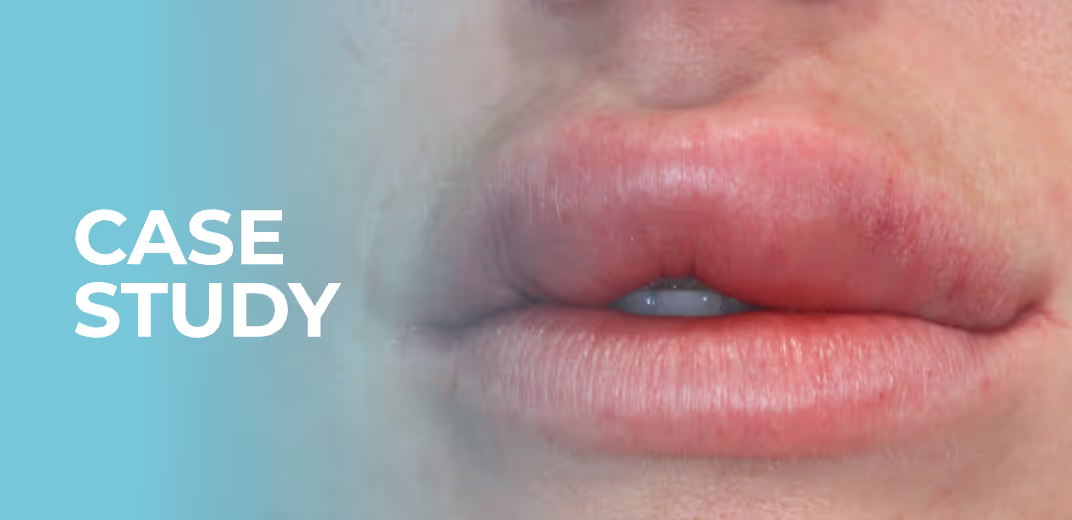Unveiling the Science of Sunscreen: Chemical vs Physical Protection for Radiant Skin
The science behind chemical and physical sunscreens and why UV protection is your best anti-aging strategy.
December 15, 2023

Protecting your skin from UV radiation is one of the most effective anti-aging strategies available. Sunscreen acts as your first line of defense, but not all sunscreens work the same way. Understanding the difference between chemical and physical formulations helps you choose the right protection for your skin type and lifestyle.
In this guide, we'll break down how these sunscreens work, why daily sun protection matters, and the long-term effects of UV exposure on your skin.
Chemical Sunscreens: How They Work
Chemical sunscreens absorb UV radiation before it penetrates your skin. They contain organic compounds like oxybenzone, avobenzone, octocrylene, and octinoxate that undergo a chemical reaction when exposed to UV rays. This reaction converts UV energy into heat, which dissipates from your skin's surface.
Advantages of chemical sunscreens:
- Lightweight formula that applies smoothly on all skin types
- Absorbs quickly without leaving a white cast
- Often more cosmetically elegant for daily wear
Potential drawbacks:
- May cause irritation in people with sensitive skin
- Some chemical filters can generate free radicals when exposed to sunlight
- Requires 15-20 minutes to become effective after application

Physical Sunscreens: Mineral Protection
Physical sunscreens—also called mineral sunscreens—create a physical barrier on your skin's surface. They contain mineral ingredients, primarily zinc oxide or titanium dioxide, which reflect and scatter UV rays away from your skin.
Advantages of physical sunscreens:
- Ideal for sensitive skin with minimal irritation risk
- Work immediately upon application
- Provide broad-spectrum protection against both UVA and UVB rays (though most chemical sunscreens now offer this as well)
- Less likely to cause allergic reactions
Potential drawbacks:
- Thicker consistency that can leave a white cast on deeper skin tones
- May require more frequent reapplication after swimming or sweating
- Can feel heavier on the skin in hot weather

Why Daily Sunscreen Use Matters
Incorporating sunscreen into your daily routine protects against both immediate and long-term skin damage. Here's why it's essential:
Protection Against Skin Cancer
UV radiation is a known carcinogen that damages DNA and increases skin cancer risk. In Canada, approximately 9,700 people are diagnosed with melanoma annually, and 1,250 will die from the disease. Sunscreen creates a protective barrier that prevents these harmful rays from penetrating your skin.
Prevention of Premature Aging
Sun exposure is the leading cause of premature aging—a process called photoaging. UV rays accelerate the breakdown of collagen and elastin fibers, the proteins responsible for keeping your skin firm and smooth. By wearing sunscreen daily, you can significantly slow these aging effects and maintain healthier skin over time.
For patients who invest in Botox treatments, consistent sun protection actually extends your results. Less UV damage means fewer new wrinkles forming, so you'll need less product to maintain your results.
The Aging Effects of UV Exposure
Understanding how sun exposure ages your skin reinforces why daily protection matters, even on cloudy days or when you're indoors near windows.
Wrinkles and Fine Lines
UV radiation depletes collagen and elastin—the structural proteins that keep skin firm and elastic. This breakdown leads to wrinkles and fine lines, particularly in sun-exposed areas like the forehead, around the eyes, and on the hands.
Hyperpigmentation and Sun Spots
Sun exposure triggers melanin overproduction. While melanin gives you that bronzed tan, it also causes hyperpigmentation: dark spots, sunspots (also called age spots or liver spots), and uneven skin tone. These pigmentation changes are often what ages the appearance of skin most noticeably.
Loss of Skin Firmness
As UV radiation breaks down collagen, your skin loses its support structure. This results in sagging, loss of definition along the jawline, and a less youthful overall appearance. Unlike fine lines, elasticity loss is difficult to address with topical treatments alone.
Actinic Keratosis Development
Actinic keratosis appears as rough, scaly patches on sun-exposed skin. It's a precancerous condition that can progress to squamous cell carcinoma if left untreated. These lesions most commonly develop on the face, ears, scalp, and backs of hands in people with significant cumulative sun exposure.

Choosing the Right Sunscreen for Your Skin
Both chemical and physical sunscreens offer effective protection when used correctly. Your choice depends on your skin type, sensitivity, and lifestyle:
Choose chemical sunscreen if:
- You have oily or combination skin
- You want an invisible finish under makeup
- You need water-resistant protection for activities
Choose physical sunscreen if:
- You have sensitive or reactive skin
- You prefer reef-safe formulations
- You want immediate protection without waiting
Regardless of which type you choose, the most important factor is consistent use. Apply sunscreen every morning as the final step in your skincare routine, and reapply every two hours when outdoors.
The Bottom Line on Sun Protection
Whether you opt for chemical or physical protection, incorporating broad-spectrum SPF 30 or higher into your daily routine is one of the most effective investments in your skin's health. The risks of skipping sunscreen extend far beyond temporary sunburn—they include increased cancer risk, accelerated aging, and permanent skin damage.
Sun protection isn't just about preserving your appearance. It's about safeguarding your skin's health for the long term. Start today, stay consistent, and your future self will thank you.
Phil Wong
Arlo Medical Injections, Calgary
Ready to Discuss Your Botox Treatment?
Book a consultation at our Calgary location to get a personalized treatment plan. Every face is different and yours deserves an approach that's tailored specifically to you.








